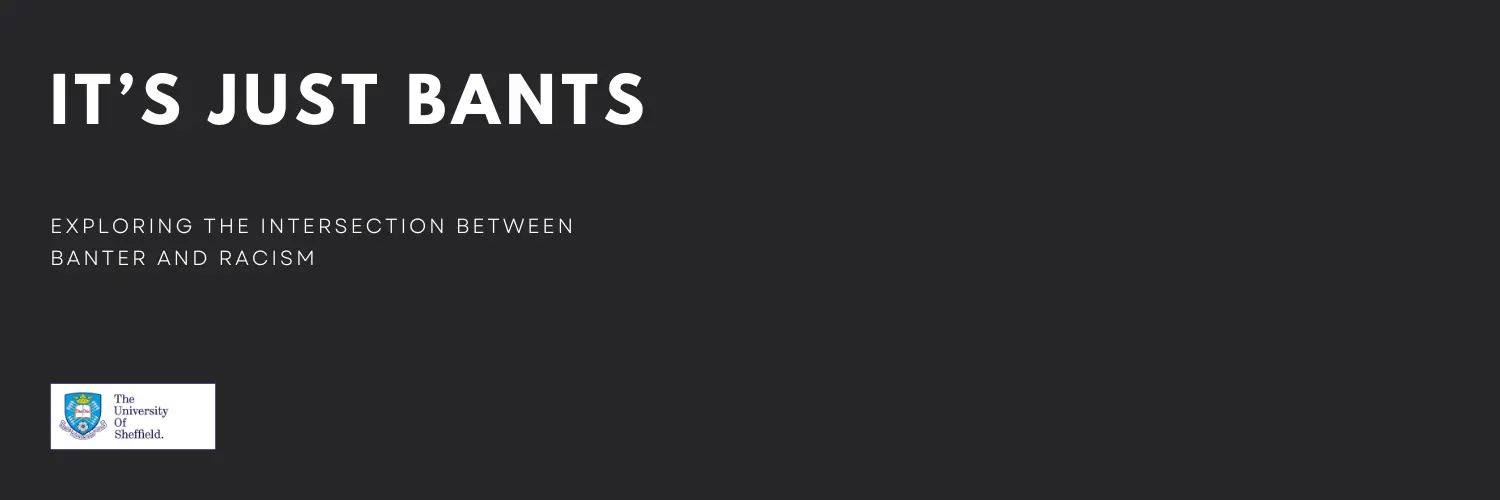
Health deprivation and disability report
project posterIs racialised banter racist? How do minority ethnic individuals percieve race-related humour? This study explores the intersection of race and humour and the experiences of racialised banter.
Summary
Through qualitative interviews, this study explored students' experiences of racialised banter and the relationship between race and humour. The subsequent exploration of the relationship aimed to explore wider structural powers and underlying power hierarchies uncovering how white-dominant discourses and the relative invisibility of whiteness, can be reproduced and sustained.
The study revealed a multitude of findings. Perceptions of humour was influenced by the audience and joke teller's status. Typical responses included laughing along, objecting and ignoring. Additionally some participants formed an affective alliance or laughed it off.
Ultimately, the use of racialised banter can sustain power hierachies and white-dominant discourses by devaluing and subordinating individuals.